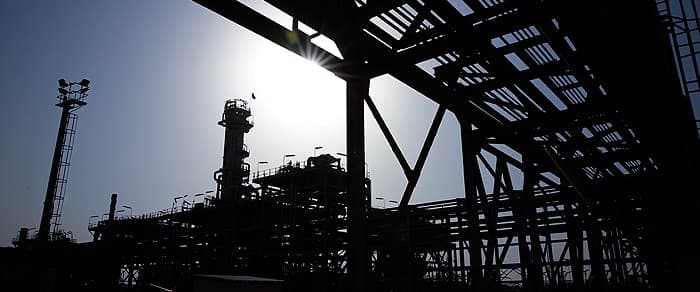
Iran claims a new natural gas discovery would add an estimated 10 trillion cubic feet to its gas reserves and could help offset an expected energy imbalance.
Iran has discovered significant gas and oil reserves at the Pazan field in the southern part of the Fars province, Iranian Oil Minister Mohsen Paknejad said on Monday.
“Exploration efforts in the Pazan field, in southern Fars Province and extending toward northern Bushehr, have led to this important discovery,” Shana, the news service of Iran’s oil ministry, quoted the minister as saying.
Exploration has resumed at the site after an eight-year hiatus, leading to this significant achievement, Paknejad was quoted as saying.
“To put this in perspective, the Pazan field’s new 10 trillion cubic feet of gas—assuming a 70 percent recovery factor—could yield about 7 trillion cubic feet, equivalent to 7,000 days of production from one phase of the South Pars gas field. That’s roughly 17 to 18 years of output from a single South Pars phase—an impressive figure,” the minister said.
A development contract has been awarded, with development operations expected to begin soon. The Pazan field is expected to start production within 40 months, or 3 years and 4 months, according to Shana.
Iran’s biggest operating gas field is South Pars, the world’s largest natural gas discovery, which Iran shares with Qatar in the Persian Gulf.
Earlier this year, Iran said it is boosting natural gas production from Phase 11 of the giant South Pars field after bringing online a key new well.
The eighth well at South Pars 11 – the 11th phase of development at the field- will raise output from South Pars by 3 million cubic meters per day (mcm/d).
Thus, the total natural gas output at the giant South Pars field has reached 20 mcm/d.
Iran has had to develop Phase 11 of South Pars, relying on domestic companies and technologies, after French oil and gas major TotalEnergies quit business with Iran in 2018 after the U.S. re-imposed sanctions on Iran’s oil industry and exports.
By Charles Kennedy for Oilprice.com
